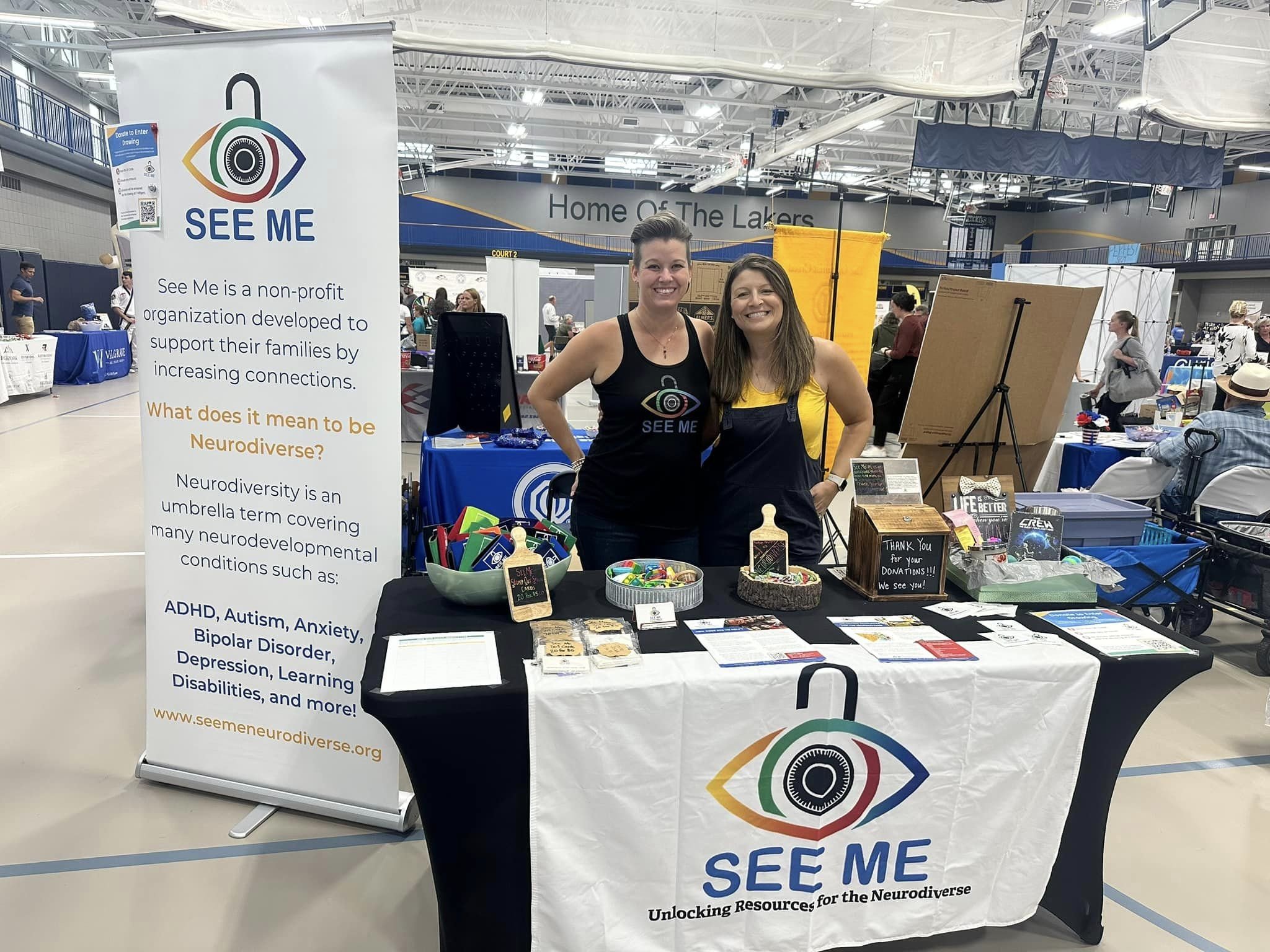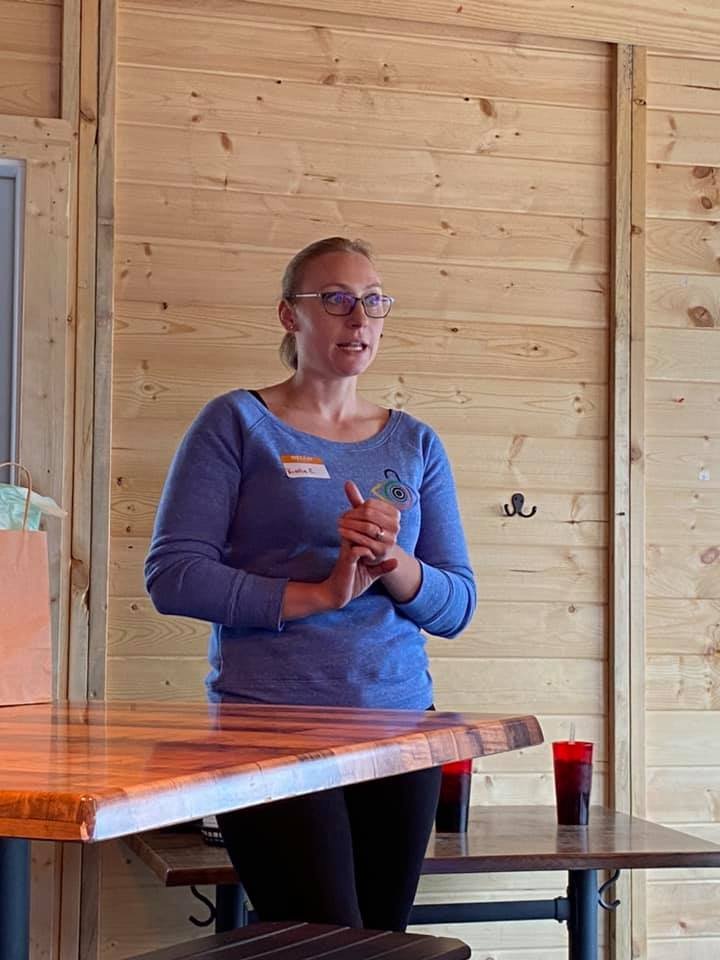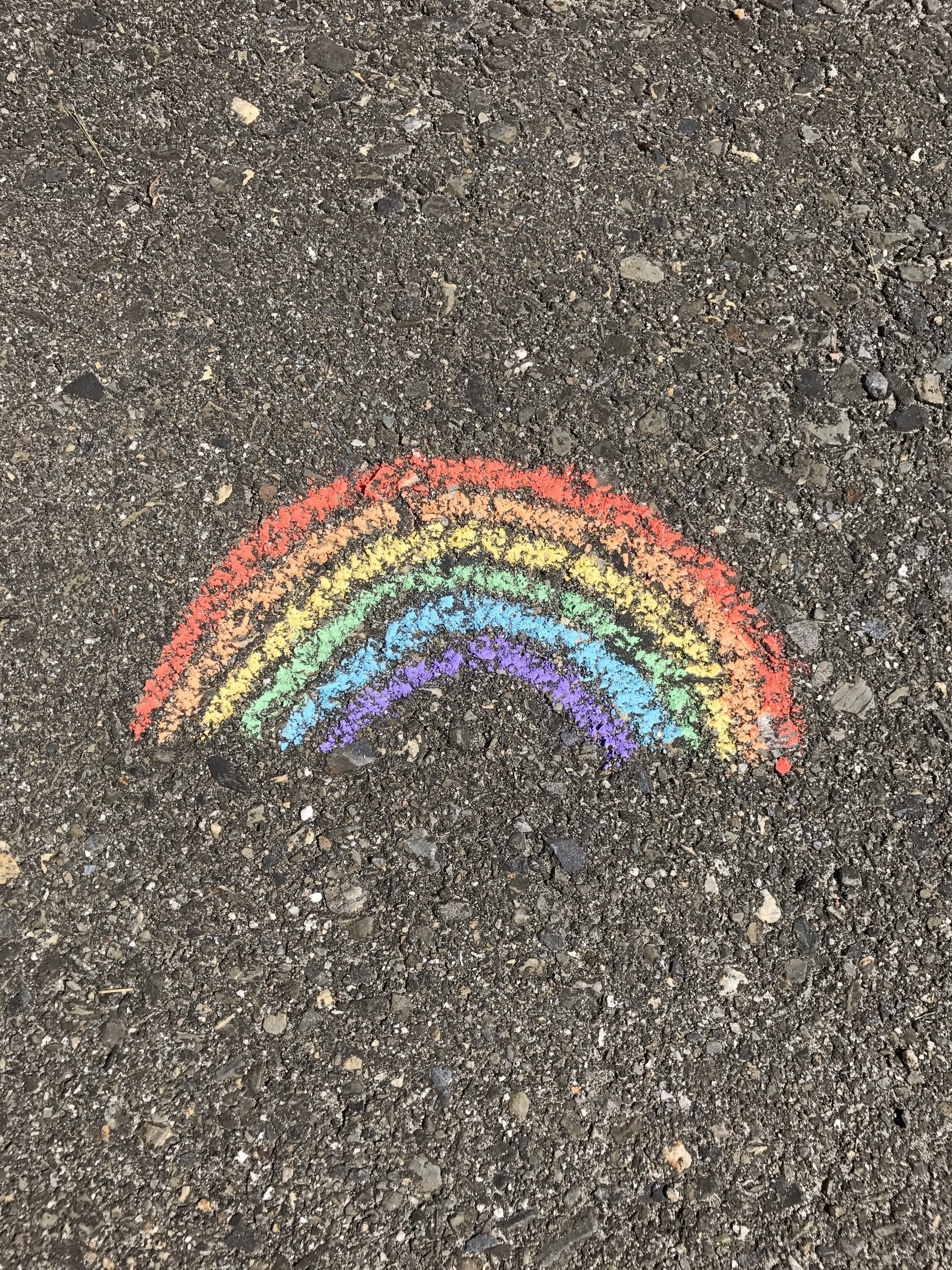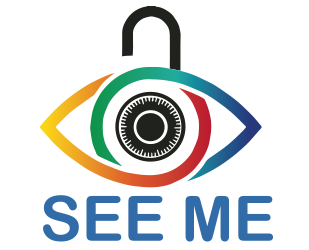
Supporting Neurodiversity in Our Communities
See Me: Unlocking Resources for the Neurodiverse
Caring for your Neurodiverse child can be a challenging journey. We can help. As parents of Neurodiverse children, we’ve been in your shoes. We understand the complicated process of feeling defeated, alone, and struggling to figure out how to best help your child thrive.
See Me: Unlocking Resources for the Neurodiverse is a non-profit organization developed to support the Neurodiverse and their families by increasing connections and offering support. While we are here to support any family in Minnesota, we are located in the southern Twin Cities metro, focusing our events and support meetings in the Prior Lake, Savage, Burnsville, and surrounding communities.
What Does See Me Do?
-

Host Support Meetings
-

Provide Neurodiverse Resources
-

Organize Community Events
-

Increase Awareness & Acceptance
-

Educate on Neurodiversity
-

Support Families in Crisis
What does it mean to be Neurodiverse?
Neurodiversity is an umbrella term covering many neurodevelopmental conditions such as: Attention Deficit Hyperactivity Disorder (ADHD), Anxiety, Autism, Bipolar Disorder, Borderline Personality Disorder (BPD), Depression, Down syndrome, Dyslexia, Dyspraxia, Epilepsy, Learning Disabilities, Obsessive Compulsive Disorder (OCD), Sensory Processing Disorder (SPD), etc. All of these conditions are considered neurodevelopmental, which means that individuals are born with them and they do not go away. Neurodiverse differences are life long and there is no cure.
According to the Neurodiversity Association, “people with neurodiverse conditions are usually classified as disabled, and they do fall under the legal definition of disability as defined in the Equality Act. Neurodivergents (people with neurodiverse conditions) are also categorized as having special needs, learning difficulties or disorders. Some individuals identify with these labels and others do not. Many subscribe to the social model of disability. All neurodiverse people have individual needs, and most will require reasonable adjustments at work.”
It is not uncommon for neurodiverse individuals to struggle to fit in. Many neurodiverse individuals are sensitive, honest, and empathetic. However, it is also common to experience mental health issues, increase in manipulative tendencies, masking (concealing neurodiverse traits to fit in), and a different processing and understanding of information than a neurotypical individual. Many neurodiverse individuals also struggle with comorbid depression and/or anxiety.
If the above information fits for you or a loved one, please contact either your primary therapist or your primary care provider to discuss your concerns. If you don’t have a primary provider, please contact us and we can help you to establish a plan of action.
Latest News and Blogs





